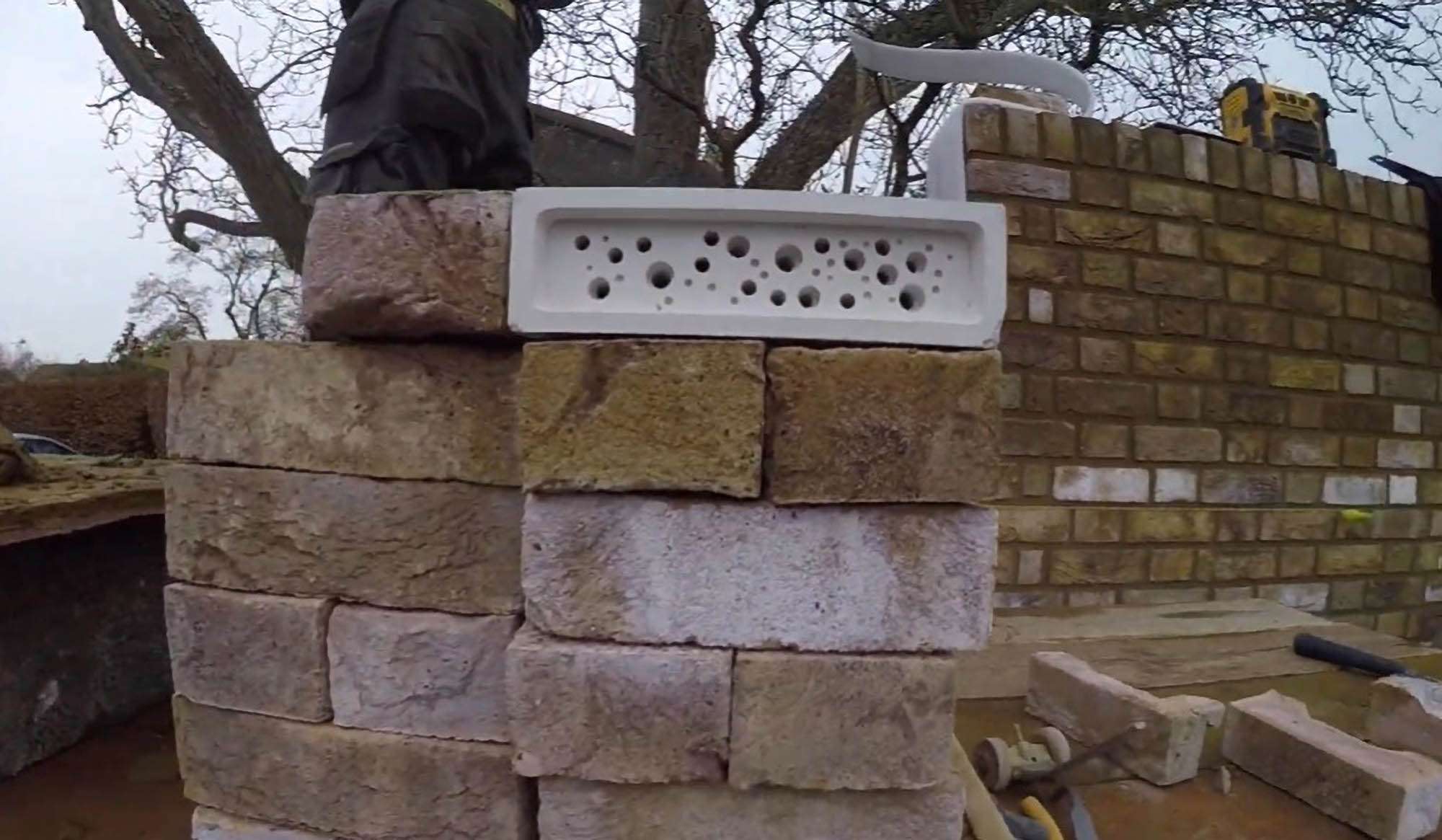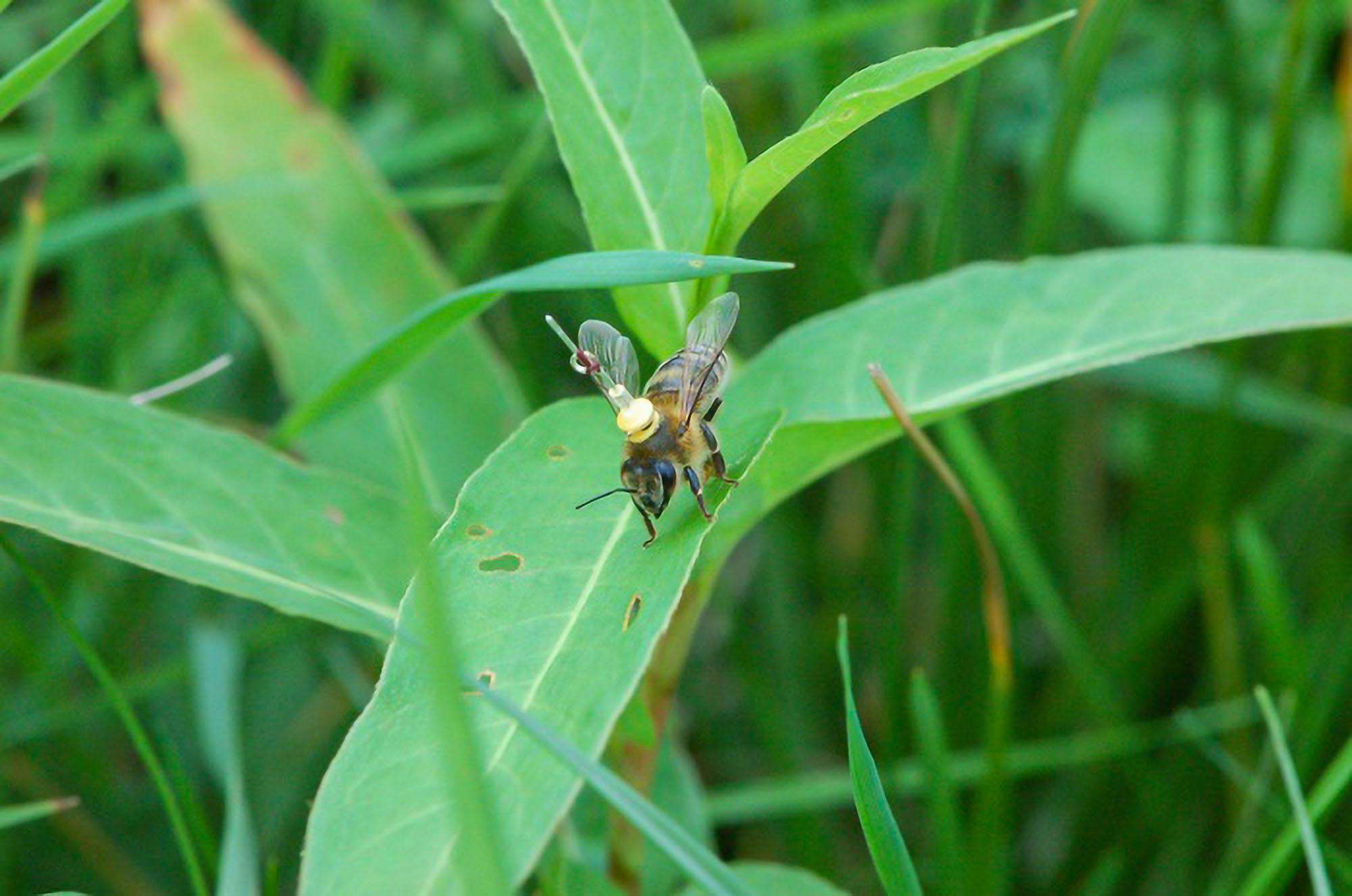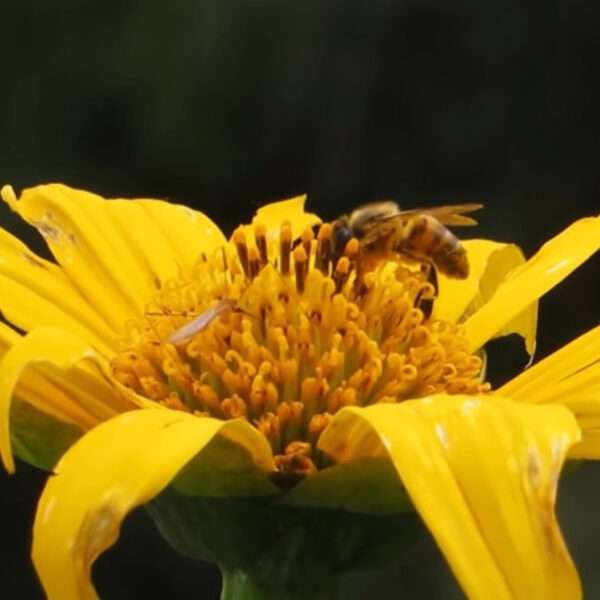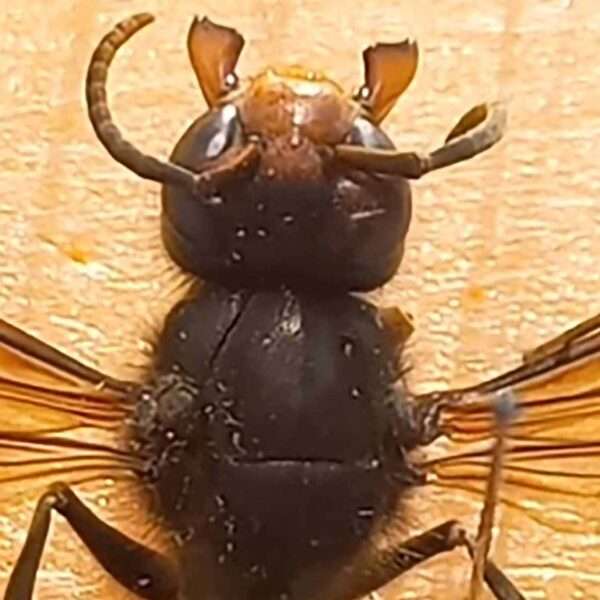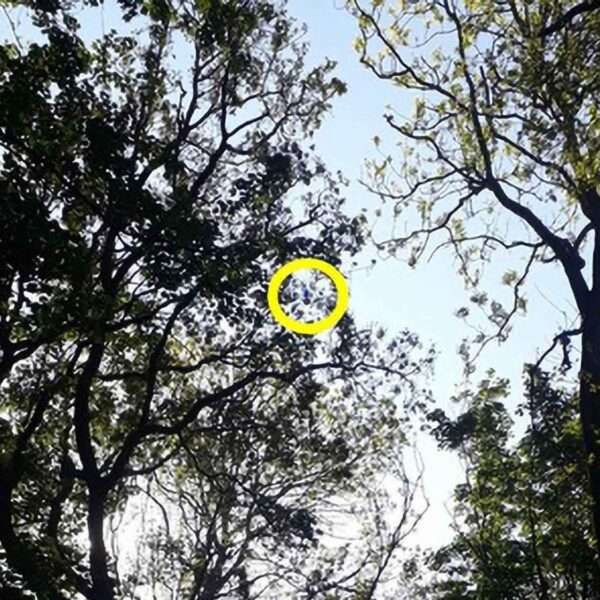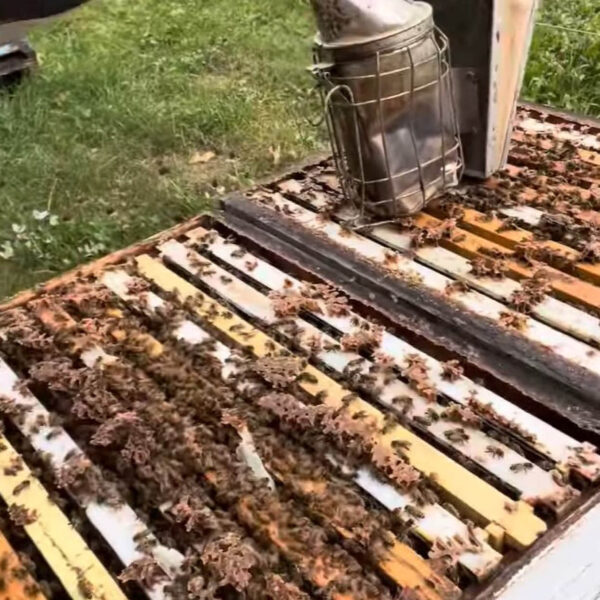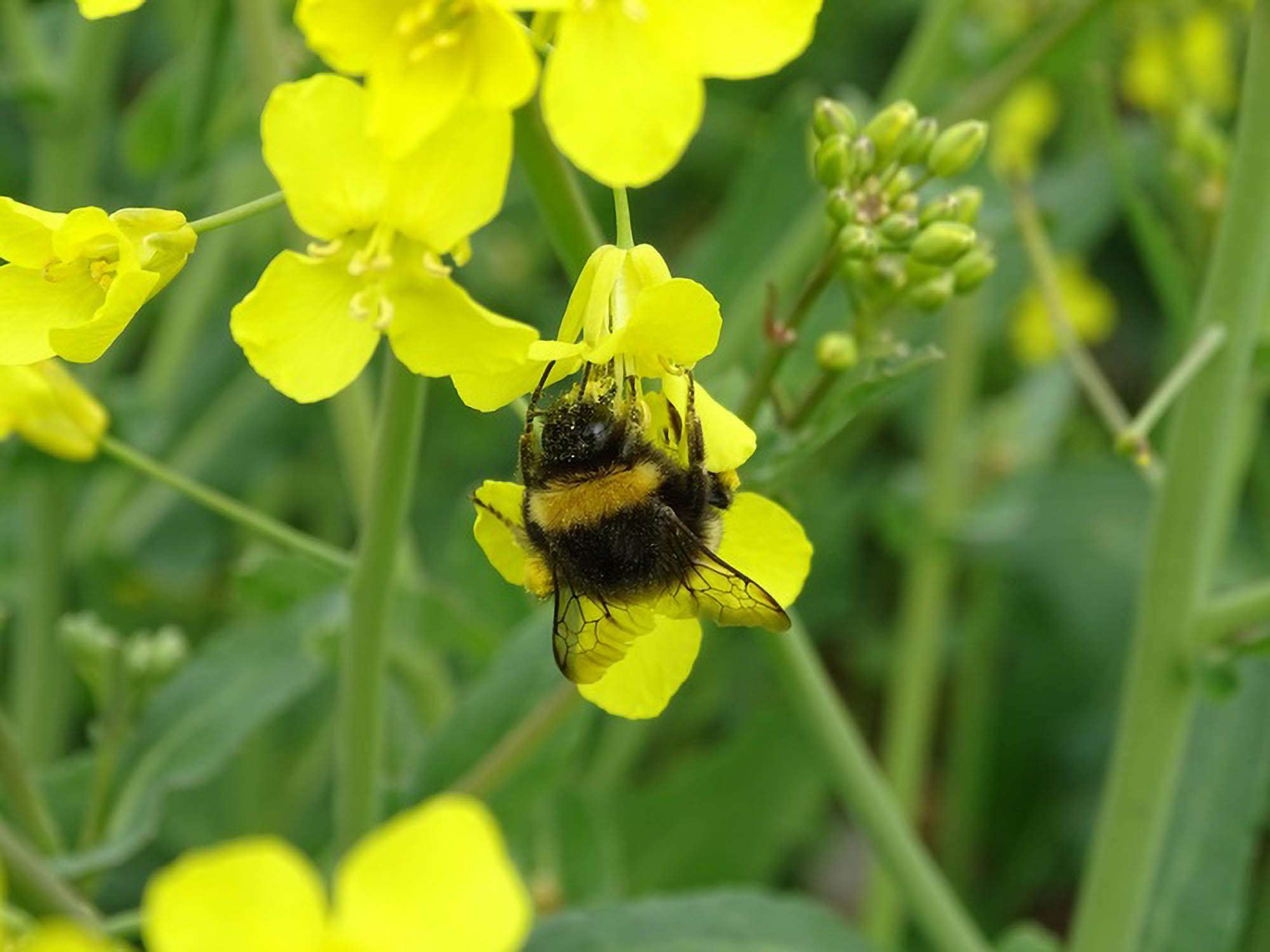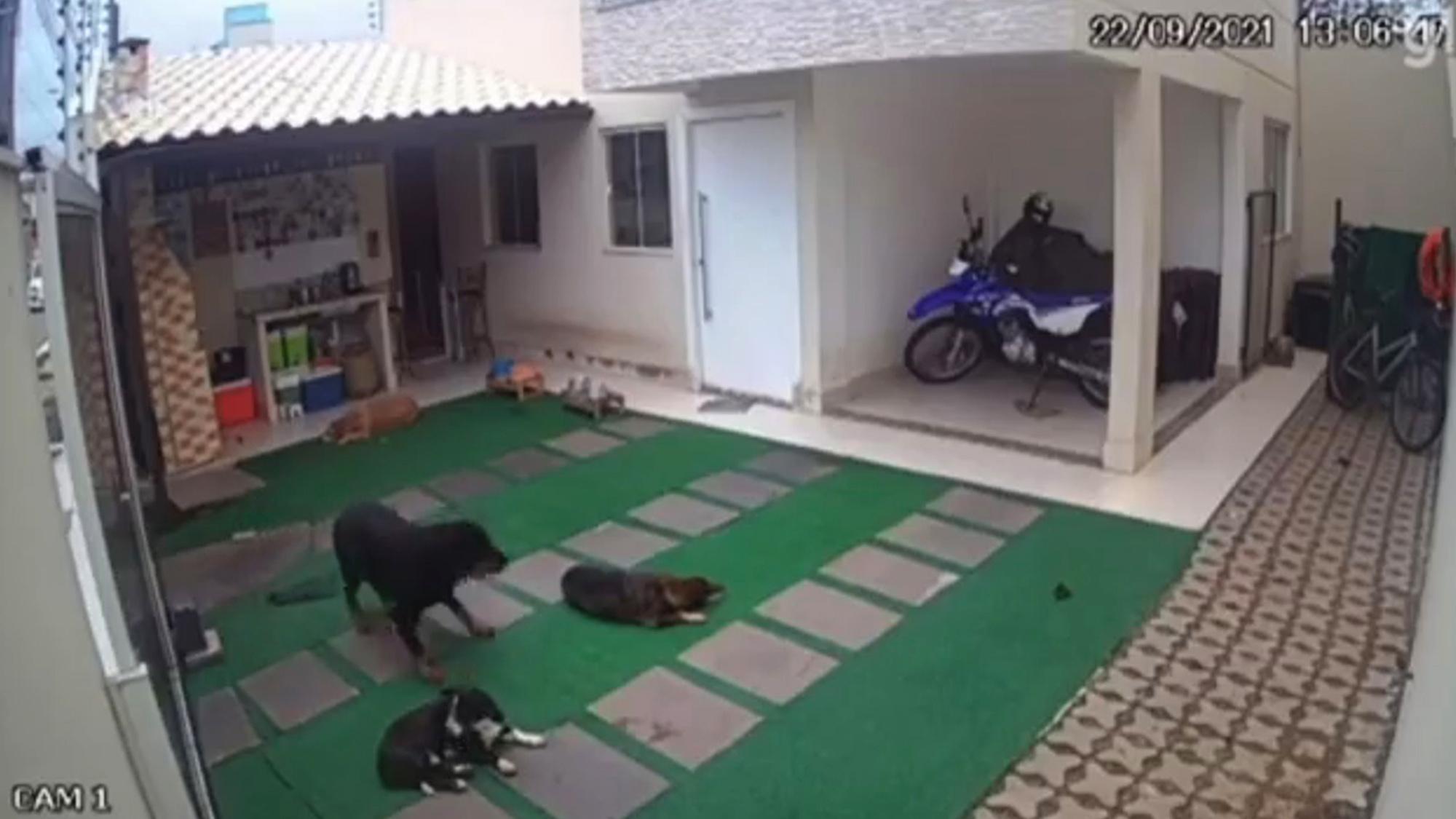City councillors in Brighton and Hove have agreed on making so-called bee bricks mandatory for every new construction project in a bid to protect pollinators.
As of now, the objects – which include several small holes but have the same size as regular bricks – are a compulsory feature of every building endeavour which surpasses a height of five metres (16.4 ft).
Conservative councillor and beekeeper Robert Nemeth has been the driving force behind the initiative in the coastal city of East Sussex.
On Twitter, Robert praised the legislation as a “big victory” on Twitter.
Reacting to widespread critical evaluation of the potential effect of bee brick installations, the councillor once claimed: “There’s a well-known saying in the beekeeping world that if you ask 100 different beekeepers a question then you get 101 different answers.”
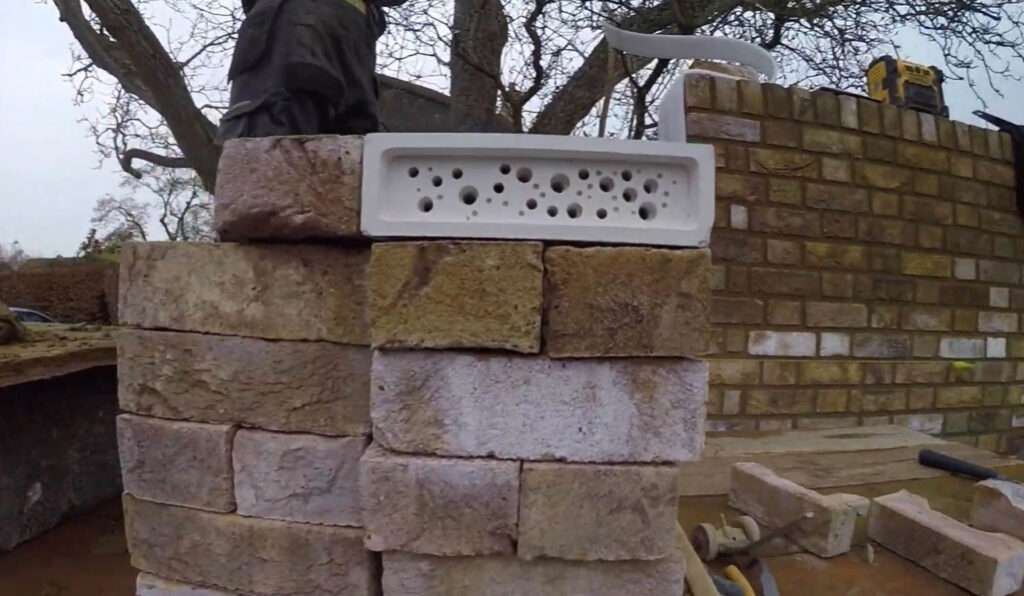
Bee bricks are meant to support solitary bees, which make up the majority of all bee species. Around 250 different types of solitary bees are living in the United Kingdom. They do not produce honey or beeswax.
Solitary such as bumblebees and mason bees are considered to be highly efficient pollinators. There are an estimated 20,000 to 30,000 solitary bee species in the world.
Some entomologists have claimed that the bee bricks’ holes were not big enough, and encouraged lawmakers and citizens to plant more flowers instead.
Between 2016 and 2017, researchers from Falmouth University and the University of Exeter investigated the impact of the introduction of bee bricks in 15 private and eight public gardens.
Their examination confirmed that the pollinators did use them. However, the experts underlined that “population level impacts are still untested.”
One of the leading producers of bee bricks is Green&Blue. Founded in 2005, the company based in Perranporth, Cornwall, offers bee bricks for GBP 30 (EUR 27).
On its website, the enterprise says its product is “great for garden lovers, design lovers and nature lovers.”
It claims that the bee bricks provide “a stylish nesting site for red mason and leafcutter bees, amongst other cavity-nesting species, and makes a real design statement in any bee-friendly garden, allotment, or building.”

